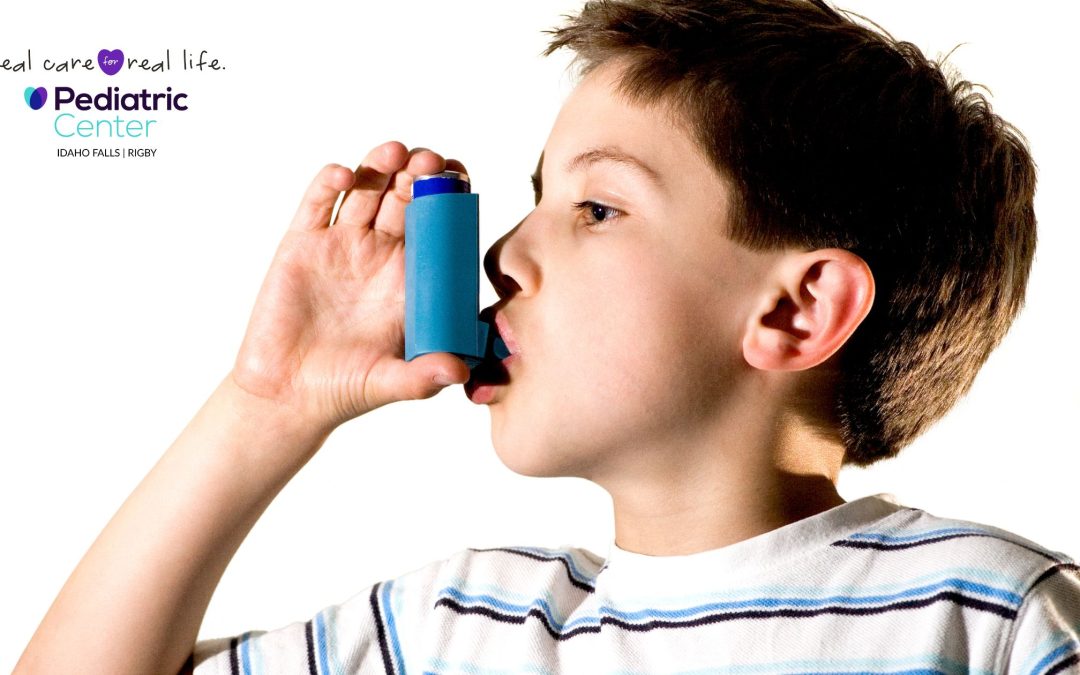As parents, caregivers, and educators, ensuring the well-being of our children is our top priority. One aspect of their health that requires special attention is respiratory health, and one common respiratory condition affecting children is asthma. Asthma can be a daunting prospect for both children and their guardians, but with the right knowledge and management, it can be effectively controlled.
Understanding Asthma:
Asthma is a chronic respiratory condition characterized by inflammation of the airways, leading to symptoms such as wheezing, coughing, shortness of breath, and chest tightness. While the exact cause of asthma remains unknown, a combination of genetic and environmental factors is believed to contribute to its development.
Recognizing Asthma Symptoms:
Identifying asthma symptoms in children can be challenging, as they might not always articulate their discomfort. Common signs include:
- Frequent Coughing: A persistent cough, especially at night or during physical activity, could be an early indication of asthma.
- Wheezing: A high-pitched whistling sound when breathing, particularly exhaling, may suggest airway constriction.
- Shortness of Breath: Children with asthma may experience difficulty breathing or complain of feeling breathless.
- Chest Tightness: Some children describe a sensation of pressure or tightness in the chest during an asthma episode.
Common Triggers:
Understanding and avoiding triggers can help manage asthma effectively. Common triggers for asthma in kids include:
- Allergens: Pollen, dust mites, mold, and pet dander are common allergens that can exacerbate asthma symptoms.
- Respiratory Infections: Colds, flu, and other respiratory infections can trigger asthma episodes.
- Exercise: While exercise is crucial for overall health, physical activity can sometimes trigger asthma symptoms.
- Environmental Factors: Changes in weather, exposure to smoke, and air pollution can contribute to asthma symptoms.
Managing Asthma in Kids:
- Create an Asthma Action Plan: Work with your child’s Pediatric Center provider to develop a personalized asthma action plan that includes information on medications, symptoms, and emergency procedures.
- Medication Adherence: Ensure your child takes prescribed medications consistently, both daily controller medications and quick-relief medications as needed.
- Identify and Minimize Triggers: Take steps to reduce exposure to common triggers, such as using air purifiers, keeping living spaces clean, and avoiding known allergens.
- Promote Healthy Habits: Encourage a healthy lifestyle with regular exercise, a balanced diet, and adequate sleep to strengthen overall respiratory health.
- Open Communication: Foster open communication with your child about their symptoms, feelings, and concerns related to asthma. This helps them actively participate in their own care.
While asthma in kids can be challenging, proactive management strategies can significantly improve their quality of life. By understanding the condition, recognizing symptoms, identifying triggers, and implementing effective management techniques, parents and caregivers can empower their children to lead active, healthy lives despite asthma. If you have any questions about asthma or your child’s symptoms, contact the Pediatric Center. The Pediatric Center has been providing comprehensive care for infants, children, and teens in Idaho Falls and Rigby for over 55 years. Contact us at our Idaho Falls location at (208) 523-3060 or our Rigby location (208) 745-8927, to set up your appointment.


